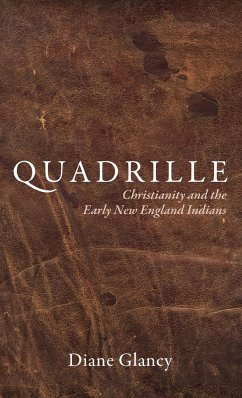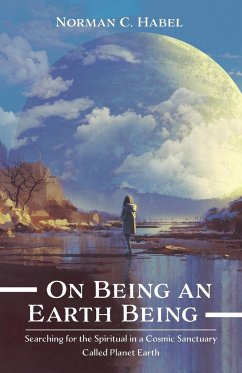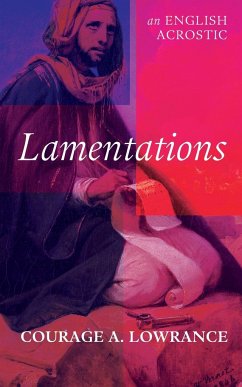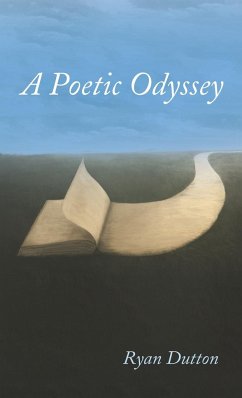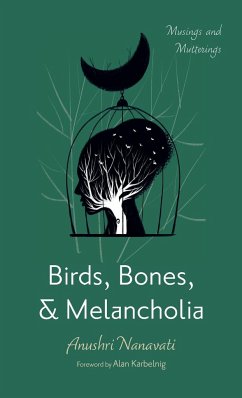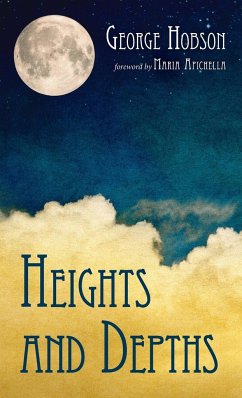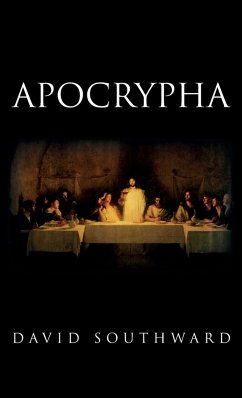4 x 4 The first words were footprints of the wind in our ears. Sometimes we cried with earache. We wrapped our heads in animal-skins. Our cries were feral in the dark. We packed dried berries and pieces of meat and camped for the night. We followed hoof-prints in the snow. We saw a tuft of animal-hair on a thorny branch jittering as we passed We dreamed of it at night. We followed the course of streams and rivers. It was an old knowing of the world. Our journeys were written on the lines of rocks. We left stories of our migrations back and back further than before we had names. Diane Glancy begins Quadrille with the cries of primitive voices trying to understand the changes in their world after the arrival of the Colonists. Here she continues her exploration of the effect of Christianity on Eastern Native Americans that she began in The Reason for Crows. Glancy uses first-person narrative to bring characters' interior thoughts to the surface, from early voices not yet identified as individuals, to the four Native men who helped John Eliot translate the Bible into the Algonquian language; from Tatamy, a Munsee-Delaware who translated for the missionary David Brainerd, to David Pendleton Oakerhater, a Cheyenne prisoner at Fort Marion who was later educated at St. Paul's Church in New York and became an Episcopal priest. These poems are influenced by the Psalms of David. David is content to let his thoughts rise and fall like the tides in an interior sea. This is what it is like to run into the living God. This is what it is to be in over one's head--to swim with thoughts heavy enough to drown.
Hinweis: Dieser Artikel kann nur an eine deutsche Lieferadresse ausgeliefert werden.
Hinweis: Dieser Artikel kann nur an eine deutsche Lieferadresse ausgeliefert werden.

